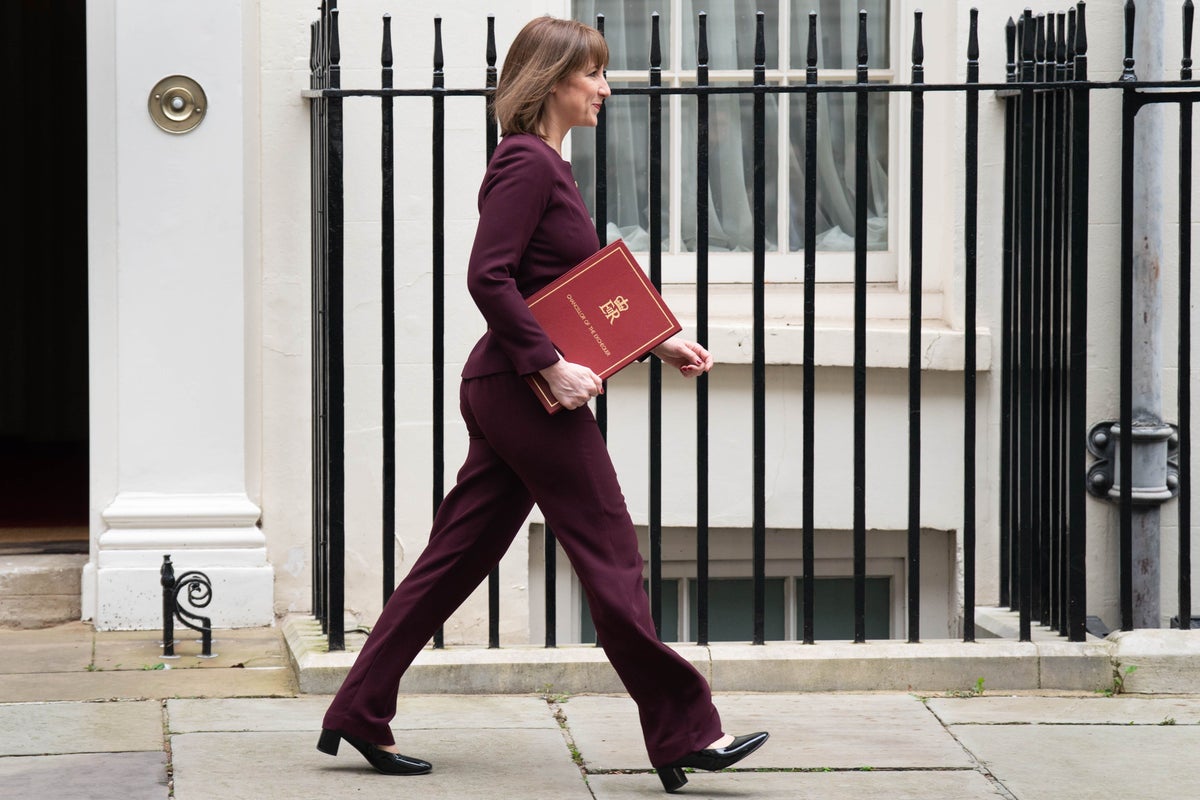Business
UK Plans Pay-Per-Mile Tax for Electric Car Drivers by 2028

Electric vehicle (EV) drivers in the UK may soon be subject to a new pay-per-mile tax as part of plans being finalized for the Chancellor’s upcoming Budget, scheduled for announcement on November 26, 2023. The proposal, reported by The Telegraph, aims to introduce a fee of approximately 3 pence per mile starting in 2028. This initiative is designed to compensate for declining fuel duty revenues as the country transitions away from petrol and diesel vehicles.
The new scheme is expected to impose an annual cost of around £279 for electric car owners based on the government’s estimated average mileage of 8,900 miles per year. The Treasury describes the charge as a matter of fairness, considering that petrol and diesel drivers currently contribute approximately £600 annually in fuel duty. According to Treasury officials, while electric vehicles do not incur fuel taxes, they still contribute to road wear and utilize public infrastructure in the same manner as traditional vehicles.
Implementation and Compliance Details
The proposed pay-per-mile charge will be integrated into the existing Vehicle Excise Duty (VED) framework, which has included EV owners since April 2025. Known internally as “VED+”, this new component will require drivers to estimate their annual mileage. They will pay the 3 pence per mile charge in advance, with the ability to carry over any unused mileage payments to the following year. If a driver exceeds their estimated mileage, they will need to make additional payments.
Hybrid vehicle drivers will be subjected to a lower rate, reflecting their partial use of petrol. The Treasury emphasizes that this system will not involve real-time monitoring, mitigating concerns regarding privacy and surveillance. Instead, the plan will rely on an annual estimate-and-adjust model, potentially verified by odometer readings or photographic evidence.
The Driver and Vehicle Licensing Agency (DVLA) will oversee the collection of payments, utilizing its existing central database that tracks whether motorists have paid their VED.
Fiscal Implications and Political Response
The UK Government currently faces a significant challenge as more drivers transition to electric vehicles. Fuel duty revenues contribute approximately £25 billion annually, but projections suggest that as much as £12 billion could be lost by 2040 due to declining petrol and diesel sales. The Society of Motor Manufacturers and Traders (SMMT) has reported a surge in EV registrations, with battery-electric vehicle registrations increasing by nearly 29 percent this year, totaling 386,244 units.
Critics from opposition parties have condemned the proposed tax, arguing that it targets commuters and small businesses during a time of financial strain for households. A senior Conservative remarked, “If you own it, Labour will tax it,” suggesting that the government’s approach may unfairly penalize car owners to address public financial deficits.
Chancellor officials have indicated that “all will have to contribute” to restore the UK’s finances, signaling a Budget focused on revenue-generating measures. While previous administrations have encouraged the shift to electric vehicles through incentives and lower running costs, this transition has created a fiscal dilemma that the government is now addressing with the proposed tax.
Industry analysts emphasize that the effectiveness of the pay-per-mile system will largely depend on its implementation and public perception. Tanya Sinclair, CEO of the EV advocacy group Electric Vehicles UK, stated, “The real question is how. Government must take the time to consult properly, design carefully, and communicate transparently.” She warns that premature speculation about a pay-per-mile tax could unsettle drivers and potentially hinder the growth of the electric vehicle market.
As discussions continue, the government faces the challenge of balancing the need for sustainable revenue generation with the promotion of electric vehicle adoption, ensuring that the shift to a greener transportation system remains viable and attractive to consumers.
-

 Health3 months ago
Health3 months agoNeurologist Warns Excessive Use of Supplements Can Harm Brain
-

 Health3 months ago
Health3 months agoFiona Phillips’ Husband Shares Heartfelt Update on Her Alzheimer’s Journey
-

 Science2 months ago
Science2 months agoBrian Cox Addresses Claims of Alien Probe in 3I/ATLAS Discovery
-

 Science2 months ago
Science2 months agoNASA Investigates Unusual Comet 3I/ATLAS; New Findings Emerge
-

 Science1 month ago
Science1 month agoScientists Examine 3I/ATLAS: Alien Artifact or Cosmic Oddity?
-

 Entertainment5 months ago
Entertainment5 months agoKerry Katona Discusses Future Baby Plans and Brian McFadden’s Wedding
-

 Science1 month ago
Science1 month agoNASA Investigates Speedy Object 3I/ATLAS, Sparking Speculation
-

 Entertainment4 months ago
Entertainment4 months agoEmmerdale Faces Tension as Dylan and April’s Lives Hang in the Balance
-

 World3 months ago
World3 months agoCole Palmer’s Cryptic Message to Kobbie Mainoo Following Loan Talks
-

 Science1 month ago
Science1 month agoNASA Scientists Explore Origins of 3I/ATLAS, a Fast-Moving Visitor
-

 Entertainment2 months ago
Entertainment2 months agoLewis Cope Addresses Accusations of Dance Training Advantage
-

 Entertainment3 months ago
Entertainment3 months agoMajor Cast Changes at Coronation Street: Exits and Returns in 2025









